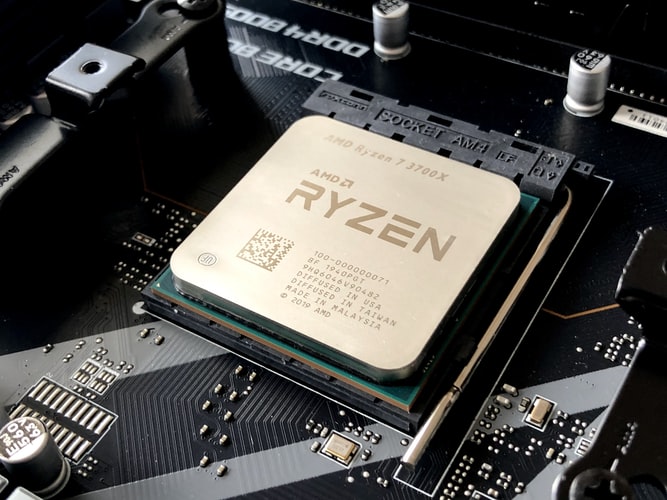Chip shortage causing car manufacturers to cut production levels
A week doesn’t pass without an announcement from a car manufacturer that they are cutting production levels. Idling shifts and even entire factories has become normal for an industry that thrives on maximising output.
Volkswagen, Ford, General Motors, Hyundai and Toyota have cut production levels to prioritise their most lucrative models. In some cases, plants have shut down for weeks at a time to allow supply chains to catch up to one another.
To understand how big this is, a 1-2 week plant shutdown will cost a car manufacturer millions of pounds at the very least. No manufacturer would willingly do this, but the global chip shortage is forcing them to.
Chip shortage in numbers
Just 53,438 cars rolled off assembly lines in the UK in July 2021, making it the lowest output in the month of July since 1956.
In June 2021, data from the Society of Motor Manufacturers and Traders (SMMT) showed that car production was down 52.6% on the same month in 2019. Telling us that we’re a long way off reaching pre-pandemic levels.
According to research firm AlixPartners. The chip shortage will collectively cost the auto industry $110 billion in revenue in 2021. A revised figure and an increase of 81.5% over the same firm’s figures in late January.
More telling figures come from Fitch Ratings, who estimate the chip shortage will cost automakers 5% of production. North America and Europe will be the hardest hit, with Asia and China coming in third and fourth respectively.
What’s happening with chips!?
The automotive sector has been hit harder than any other by the chip shortage due to cancelling orders for chips at the start of the pandemic.
Anticipating a slowdown that would last months, most car markers cancelled orders for chips. Semiconductor manufacturers filled order books with orders from companies making smartphones, laptops and other devices.
When the automotive sector bounced back sooner than expected, semiconductor manufacturers had hardly any capacity to meet demand. This has led to the situation today, where car makers can’t secure the inventory they need.
Now, there are not enough chips, foundries are running at 99% capacity and new foundries take years and billions in investment to set up.
Changing the production line for a chip costs tens of millions and takes months, labour shortages are causing a manpower crisis, and the pandemic is causing short-term factory shutdowns at foundries and fabless plants.
When will the global chip shortage end?
It will take at least five years for the global chip shortage to subside. Assuming investment in new foundries begins in 2021/22. New factories are the only the way out of the shortage because demand for chips is only going to increase.
Opinions on when the shortage will end vary from early 2023 to 2025. The last 18 months has tested supply chains and wreaked havoc on production, but the automotive industry is experienced enough to cope with future problems.
When you need to source hard to find electronic components quickly because of allocation, long lead times, obsolescence or quality issues, contact Lantek Corporation for a fast response to your enquiries and reliable on-time delivery. Our Team are here to help.

